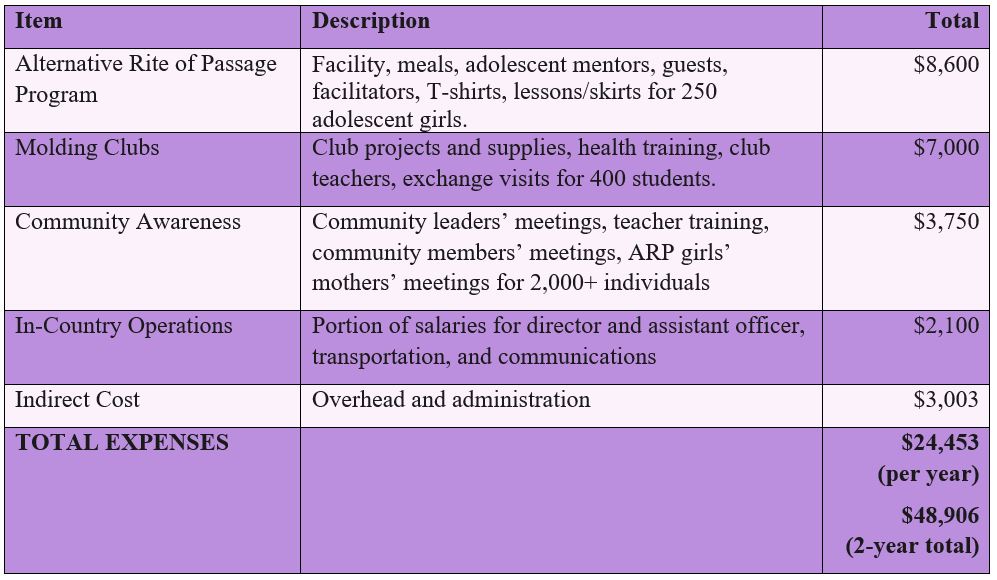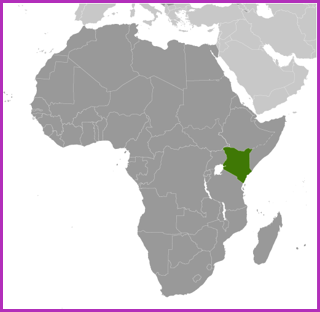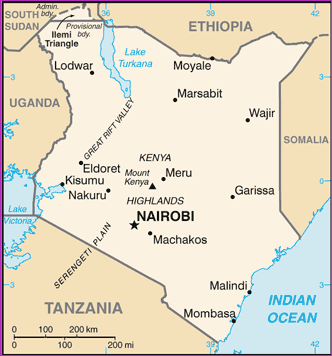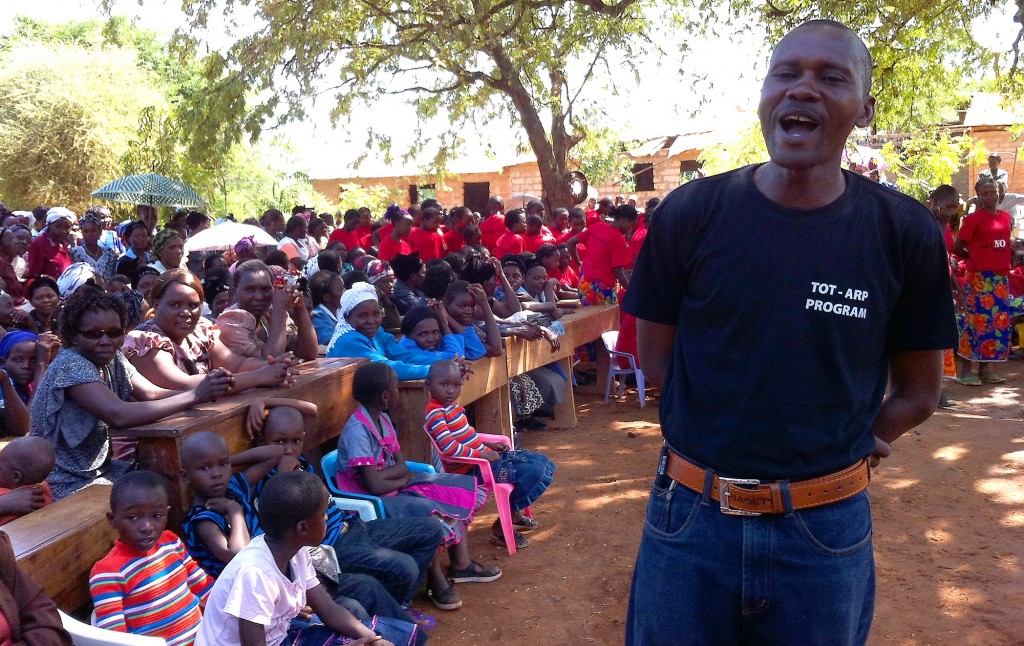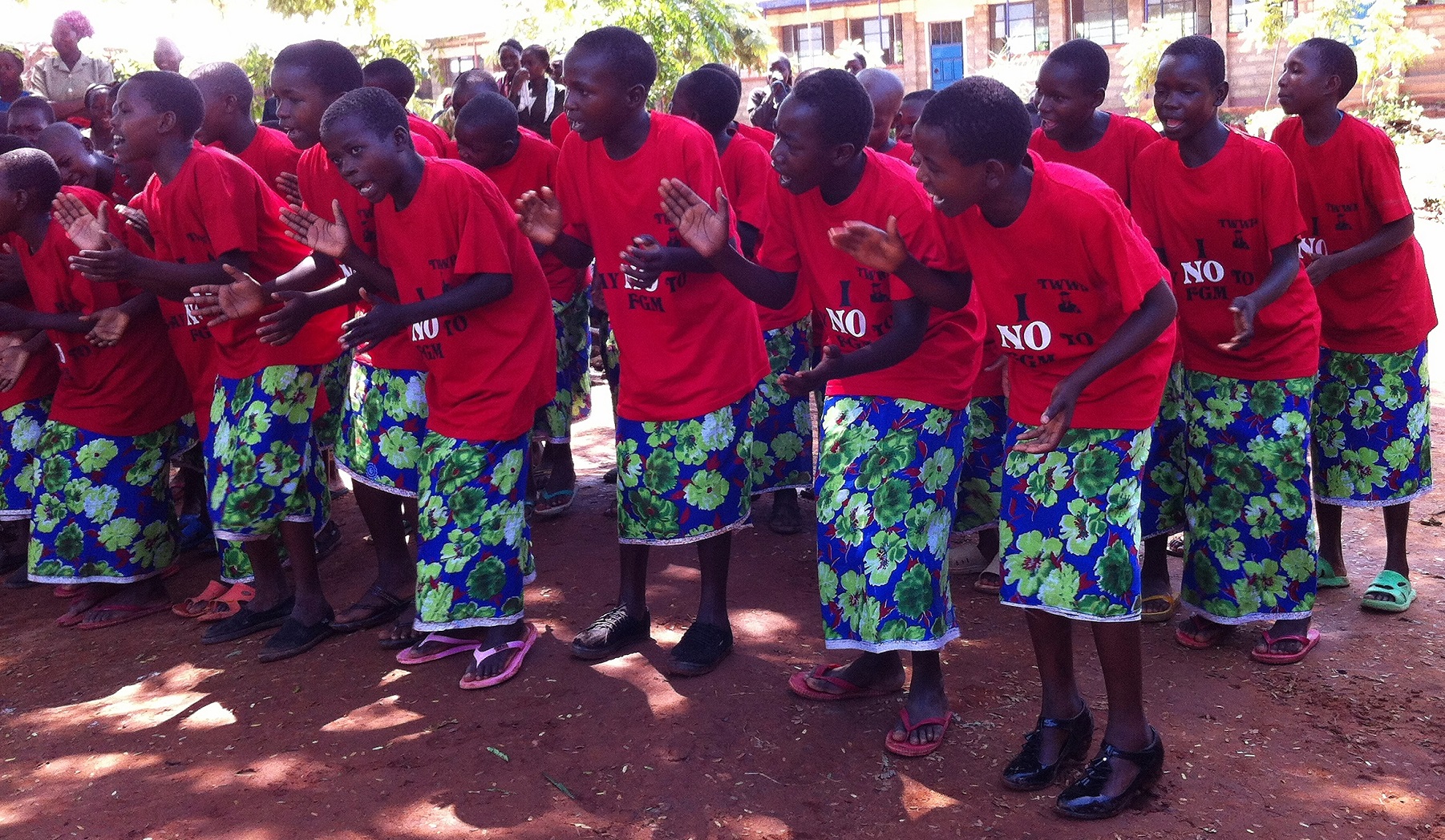
Mission
WGEP believes that education, gender equality, and empowerment of women are critical to a society’s development. Its mission is to provide access to education and develop training programs that empower women and girls to build healthy and productive communities.
Life Challenges of the Women Served
In the Tharaka-Nithi County region of Kenya where WGEP works, 71 percent of women ages 15-49 have undergone some form of Female Genital Mutilation/Cutting. The terms Female Genital Cutting, Female Genital Mutilation and Female Circumcision refer to at least four types of procedures that, using the definition of the World Health Organization and the United Nations, include “any partial or total removal of the external female genitalia or any other injury of the female genital organs for nonmedical reasons.” According to the U.S. Department of Health and Human Services’ Office on Women’s Health, the United States also uses this definition and the term FGC in its efforts to end the practice.
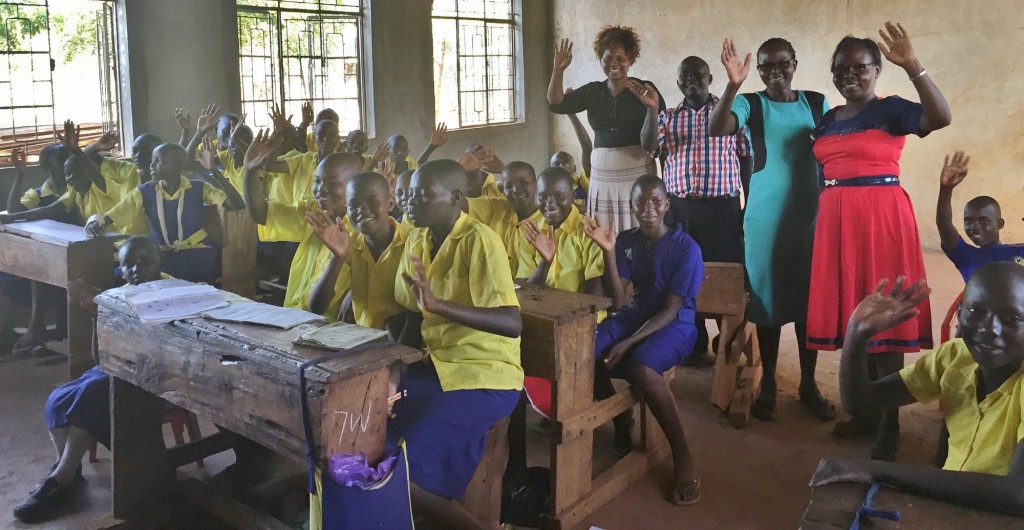 Dining for Women refers to this practice as Female Genital Cutting or FGC, rather than Female Genital Mutilation, though for the purposes of this project, the term “Female Genital Mutilation/Cutting” (FGM/C) is used. DFW has adopted this language not to sanitize or in any way reduce the effects these procedures have on women, but because other organizations have found the term promotes dialogue on this critical issue and removes the perception of a value judgment on families who have FGC as part of their culture.
Dining for Women refers to this practice as Female Genital Cutting or FGC, rather than Female Genital Mutilation, though for the purposes of this project, the term “Female Genital Mutilation/Cutting” (FGM/C) is used. DFW has adopted this language not to sanitize or in any way reduce the effects these procedures have on women, but because other organizations have found the term promotes dialogue on this critical issue and removes the perception of a value judgment on families who have FGC as part of their culture.
FGM/C presents significant health risks as well as being a violation of a woman’s rights. It can cause severe pain, bleeding, problems urinating, cysts, infections, infertility, complications in childbirth, and even death. The psychological effects of FGC can include post-traumatic stress, anxiety, and depression. These risks are intensified and more common in rural areas like Tharaka-Nithi County where a local individual, rather than a medical professional, typically carries out the procedure in a non-sterile setting.
Moreover, research shows that girls who undergo genital cutting are more likely to drop out of school since both girls and their communities consider that the ritual renders them ready for marriage, typically between the ages of 9-12. In these ways, FGM/C puts girls at higher risk for early marriage, early pregnancy and consequently, dropping out of school.
Although Kenya’s 2010 constitution and 2001 Children’s Act outlawed activities such as FGM/C and early marriage, the practice continues. It is particularly widespread in rural areas like Tharaka. In fact, 90 percent of girls subjected to FGM/C in Kenya come from rural areas, versus 9.3 percent who come from urban areas.
The Project
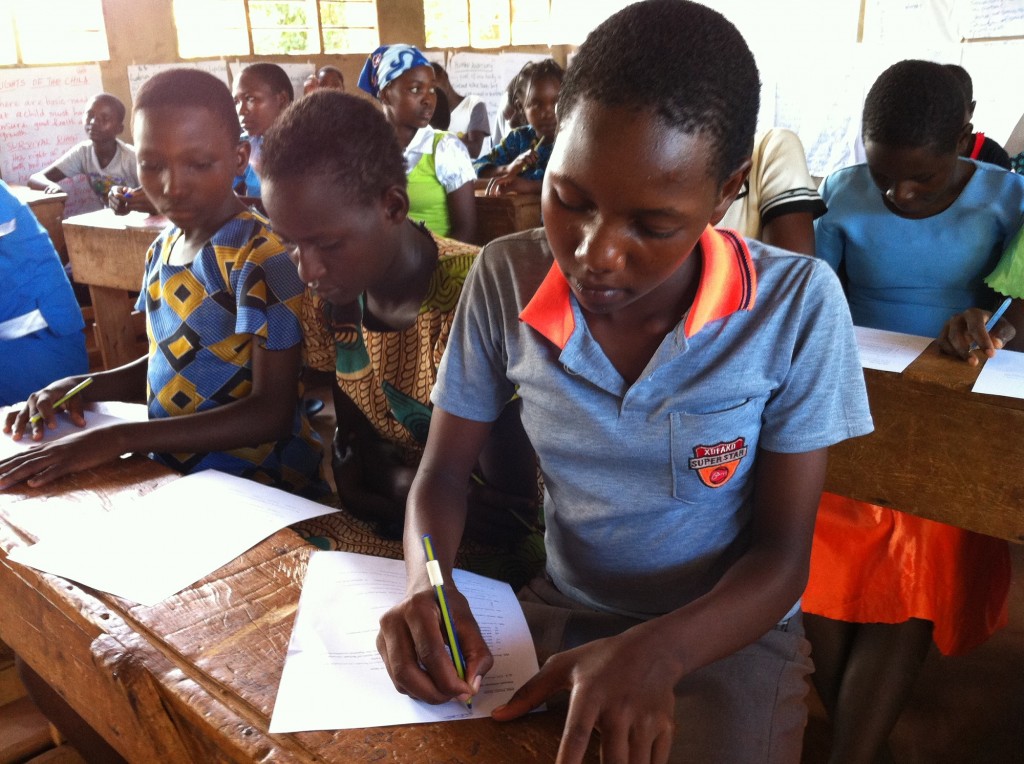 WGEP supports the schooling of young girls as a deterrent to FGM/C, a position that is upheld through research: 36 percent of women with no schooling reported that their daughters have undergone FGC versus 5 percent among women educated to secondary or higher levels.
WGEP supports the schooling of young girls as a deterrent to FGM/C, a position that is upheld through research: 36 percent of women with no schooling reported that their daughters have undergone FGC versus 5 percent among women educated to secondary or higher levels.
The main goal of this project is the eradication of FGM/C in Tharaka-Nithi County. WGEP will do this through educating communities and engaging them in combatting the ritual. WGEP focuses on community sensitization, youth education, and providing a healthy alternative to FGM/C through its ARP program.
The program consists of three components:
- Community engagement workshops and meetings – WGEP’s community engagement approach prioritizes involvement of key stakeholders including parents, students, teachers, school officials, and village leaders. Workshops and meetings cover topics related to girls’ health, education, well-being, individual rights and bodily autonomy, and the harmful effects of FGM/C. WGEP understands that to effectively address socio-cultural biases and change attitudes regarding FGM/C, intensive and long-term community sensitization activities must include the above stakeholders.
- After-School Molding Clubs – These clubs provide adolescent students with a safe and supportive environment to discuss topics such as children’s rights to education, personal development, sexual health, and protection against harmful practices and abuse. In Tharaka, these topics are considered taboo and are not openly discussed among parents and children.
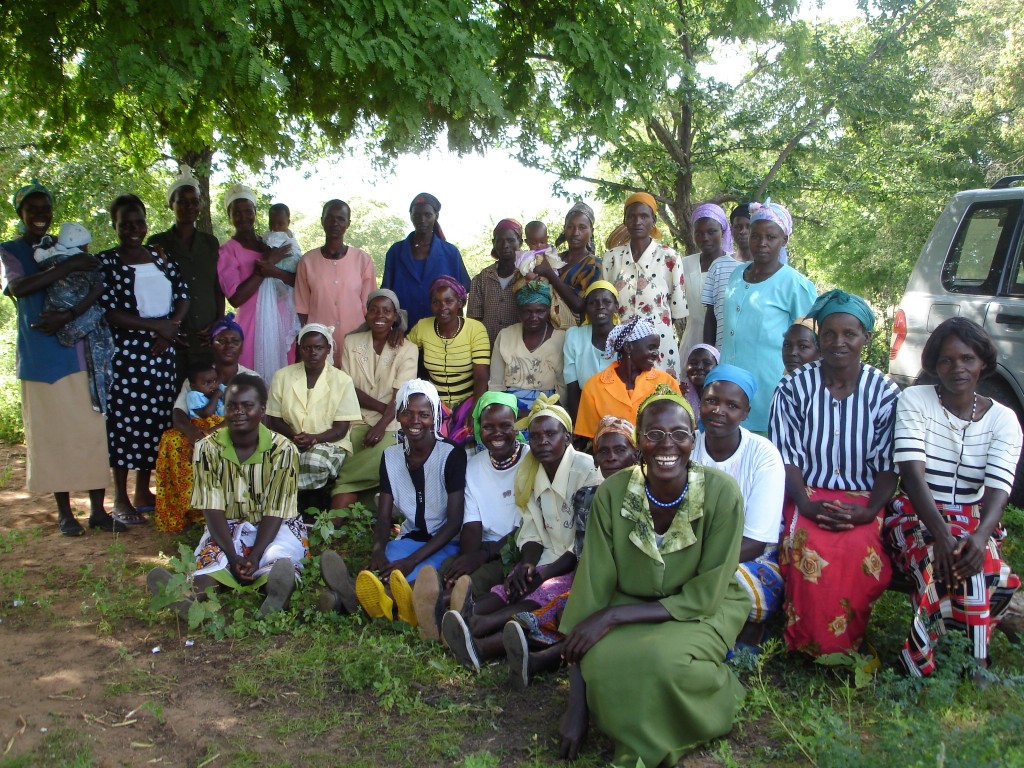 The clubs’ goals are to change attitudes to support girls’ education and foster equitable communities.
The clubs’ goals are to change attitudes to support girls’ education and foster equitable communities. - Alternative Rite of Passage (ARP) – ARP offers girls an alternative to FGM/C as a rite of passage for formally entering adulthood. Girls take part in empowerment workshops with their mothers and other female role models and mentors. ARP is a week-long event full of educational workshops, empowerment and leadership activities, and a final ceremony that celebrates the transition to adulthood with songs, dance, and a celebration culminating in cutting a cake rather than undergoing FGM/C.
For each of the two years of DFW’s grant, this project will reach an estimated 1,510 direct beneficiaries, 940 of whom will be women and girls, and an estimated 1,200 indirect beneficiaries, 750 of whom will be women and girls.
Sustainable Development Goals
![]()
![]()
Questions for Discussion
- How do you think an ARP can help eradicate FGC?
- How can community engagement affect the success of this goal?
- How do you think this program promotes self-sufficiency for women and girls?
How the Grant Will be Used
DFW’s grant of $48,906 over two years will help expand the existing program. It will fund costs for ARP, the Molding Clubs, community awareness and in-country operations. One year of funding will consist of the following:
Why We Love This Project/Organization
We love WGEP’s focus on marginalized girls in rural Kenya who are at risk for FGM/C. WGEP combats FGM/C by focusing on community sensitization, youth education, and providing a healthy alternative to this harmful practice through its Alternative Rite of Passage program.
Evidence of Success
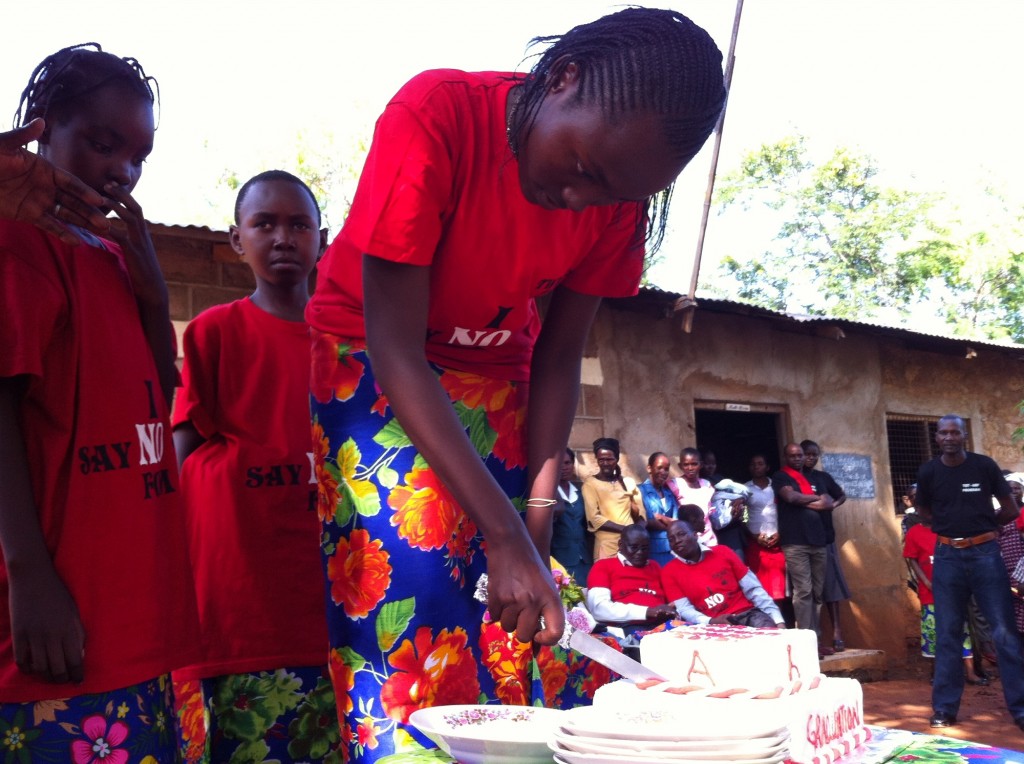 The program has achieved the following results to date:
The program has achieved the following results to date:
- Over 4,000 scholarships have been awarded to marginalized rural girls in both Senegal and Kenya, creating access and retention in school
- Nearly 8,000 individuals in 65 villages have been reached annually through community awareness and training activities
- 50 percent reduction in health-related school absences
- 1,759 rural Kenyan girls and their families participated in WGEP’s ARP program to abandon the harmful and deeply rooted tradition of genital cutting
- Measurable change in attitudes in communities where WGEP intervenes, including support for girls’ education and women’s rights
- Strong relationships with local partners, good standing and positive reputation in communities where WGEP works
WGEP is an award-winning NGO that has been recognized by the UN for its innovative programs to increase girls’ education and women’s empowerment. WGEP’s experience and innovative approach was recognized by USAID through its award a of a four-year, $1.7 million grant in 2013 to improve the foundational reading and writing skills of rural children in Senegal. WGEP played a key role in drafting the UN Declaration of Girls’ Education at the Dakar Summit in 2010, where WGEP’s approach was identified as an international best practice in promoting girls’ education. Their model has proven to be highly effective, achieving a 90 percent retention rate of girls over the past several years in regions where average retention rates are below 40 percent and enrollment rates even lower.
Voices of the Girls
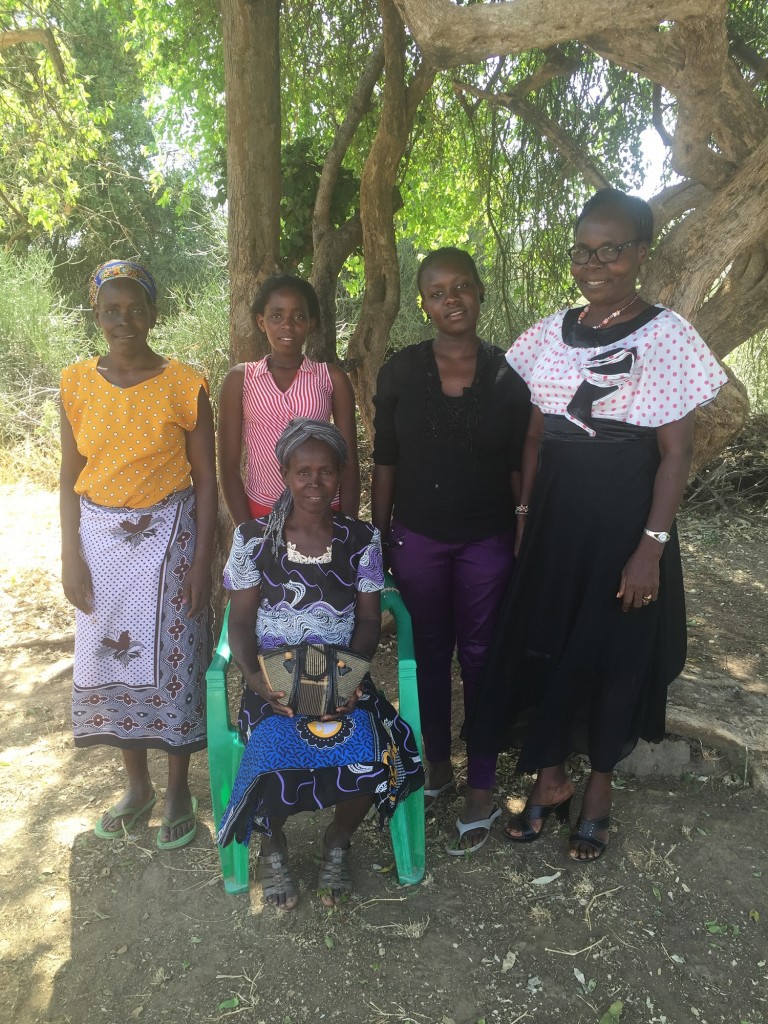 “I decided to be cut because I did not want to face the challenges and be abused for going against this tradition. Luckily, the After-School Boys and Girls Club was introduced in our school to teach us about the harms of FGM and explaining to us our rights. When I learned the dangers and problems of FGM I decided to stop and say ‘NO.’
“I decided to be cut because I did not want to face the challenges and be abused for going against this tradition. Luckily, the After-School Boys and Girls Club was introduced in our school to teach us about the harms of FGM and explaining to us our rights. When I learned the dangers and problems of FGM I decided to stop and say ‘NO.’
Finally, I attended the Alternative Rite of Passage program that was conducted in December 2011. I talked with other girls and told them to attend the workshop so that they can be saved and advised more. I have been taught how to be responsible and become a role model in my area and in the Tharaka District at large. I thank the program for saving me from undergoing the traditional practice of FGM.”
- Terry, WGEP Scholar
“I want to be a role model to the society, especially to girls and women to help them believe in their potentials and so that society believes that by educating one woman you educate the whole community.”
- Jacklyn, WGEP Scholar
“Through guidance and counseling, I have developed self-esteem, and this has made me become bold in life.”
- Evangeline, WGEP Scholar
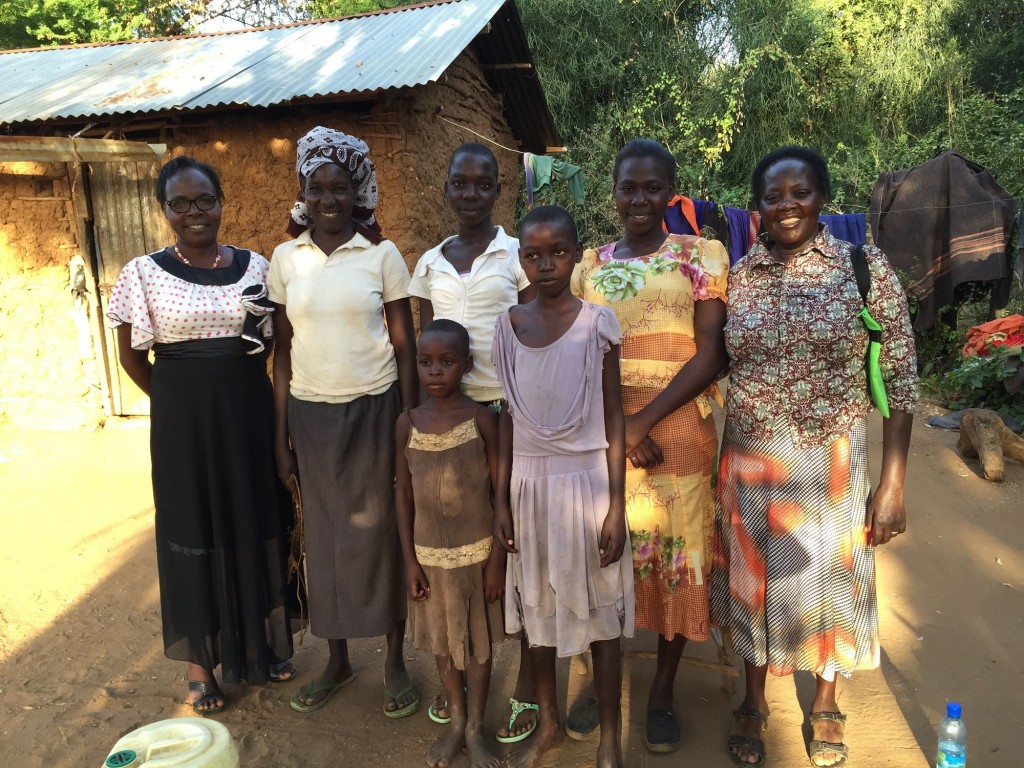 “I am a farmer and the mother of six girls. I want the best for my daughters. I want them to stay in school and not be forced into the harmful traditional practice of Female Genital Mutilation. At age 11, I went through FGM, then had to drop out of school, get married and start my own family. I vowed that my daughters would not have to do the same. I am happy that my three eldest daughters participated Women’s Global Education Project’s Alternative Rite of Passage program and are still in school! My second oldest daughter, Mercy, also receives a Women’s Global Education Project scholarship. She wants to be a nurse when she grows up so that she can help women and girls in our community learn how to stay healthy.”
“I am a farmer and the mother of six girls. I want the best for my daughters. I want them to stay in school and not be forced into the harmful traditional practice of Female Genital Mutilation. At age 11, I went through FGM, then had to drop out of school, get married and start my own family. I vowed that my daughters would not have to do the same. I am happy that my three eldest daughters participated Women’s Global Education Project’s Alternative Rite of Passage program and are still in school! My second oldest daughter, Mercy, also receives a Women’s Global Education Project scholarship. She wants to be a nurse when she grows up so that she can help women and girls in our community learn how to stay healthy.”
- Rebecca, mother of WGEP scholar
“I am a farmer and live with my daughter Caroline, son, and my elderly mother. I dropped out of school after 5th grade. I wish there had been a program like Women’s Global Education Project’s Alternative Rite of Passage program when I was younger, so that I wouldn’t have had to go through genital cutting when I came of age. I want Caroline not to have to struggle in life, as I have. Her education must always come first, so that she can have a better life. I am very proud of what my daughter has accomplished so far with her schooling and I know that she will continue to succeed. The support of Women’s Global Education Project has been vital to her success.”
- Mary, mother of ARP graduate
About the Organization
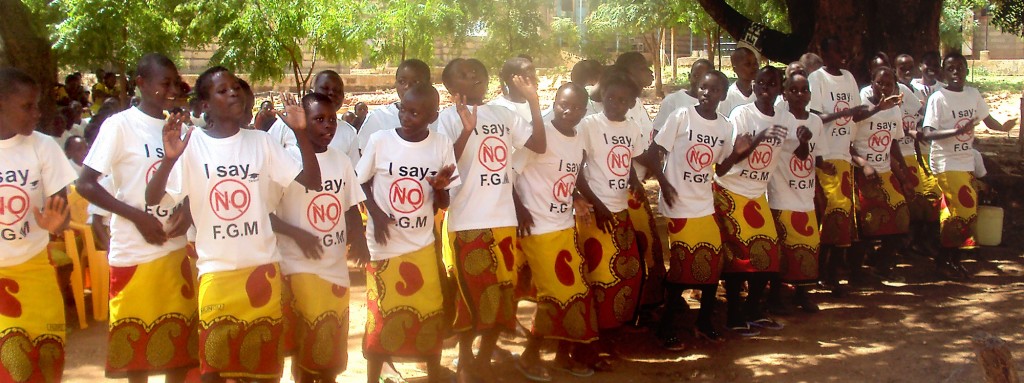 WGEP was founded in 2003 by returned Peace Corps volunteer Amy Maglio after serving in rural Senegal and seeing firsthand the many barriers that keep girls from accessing education. WGEP intervenes at key inflection points in the paths of adolescent girls living in poverty in rural Africa. By analyzing the obstacles to their access and success in school, WGEP has successfully designed interventions geared specifically to break down those barriers and alter the paths and opportunities for adolescent girls. WGEP’s flagship program, Sisters to School, helps adolescent girls access education and accomplishes the more difficult tasks of preventing girls from dropping out, helping them to succeed in school and beyond. The WGEP model for girls’ education was designed and refined to be replicable in other countries, increasing access to school, increasing retention and promoting lifelong success for adolescent girls.
WGEP was founded in 2003 by returned Peace Corps volunteer Amy Maglio after serving in rural Senegal and seeing firsthand the many barriers that keep girls from accessing education. WGEP intervenes at key inflection points in the paths of adolescent girls living in poverty in rural Africa. By analyzing the obstacles to their access and success in school, WGEP has successfully designed interventions geared specifically to break down those barriers and alter the paths and opportunities for adolescent girls. WGEP’s flagship program, Sisters to School, helps adolescent girls access education and accomplishes the more difficult tasks of preventing girls from dropping out, helping them to succeed in school and beyond. The WGEP model for girls’ education was designed and refined to be replicable in other countries, increasing access to school, increasing retention and promoting lifelong success for adolescent girls.
Where They Work
WGEP works in Tharaka-Nithi County, a rural region in Kenya. Kenya is in Eastern Africa, bordering the Indian Ocean, between Somalia and Tanzania, encompassing an area slightly more than twice the size of Nevada.
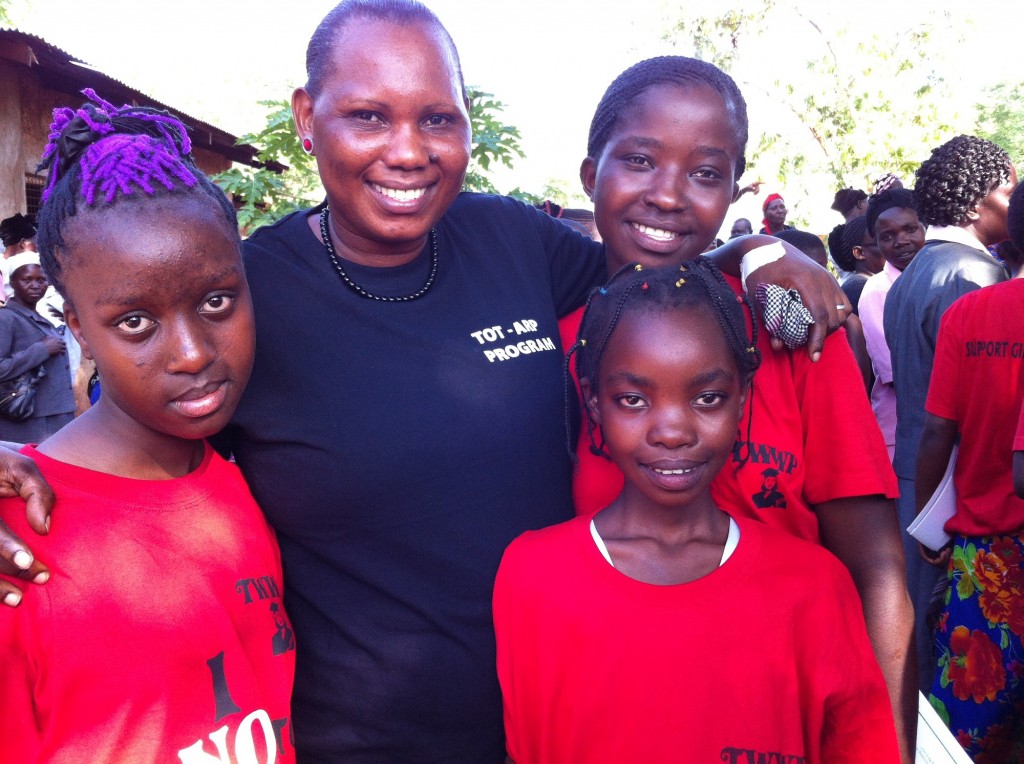 Kenya has experienced dramatic population growth since the mid-20th century because of its high birth rate and its declining mortality rate. More than 40 percent of Kenyans are under the age of 15 because of sustained high fertility, early marriage and childbearing, and an unmet need for family planning. Kenya’s persistent rapid population growth strains the labor market, social services, arable land, and natural resources. Kenya’s relative stability since its independence in 1963 has attracted hundreds of thousands of refugees escaping violent conflicts in neighboring countries. Kenya sheltered more than 300,000 Somali refugees as of April 2017.
Kenya has experienced dramatic population growth since the mid-20th century because of its high birth rate and its declining mortality rate. More than 40 percent of Kenyans are under the age of 15 because of sustained high fertility, early marriage and childbearing, and an unmet need for family planning. Kenya’s persistent rapid population growth strains the labor market, social services, arable land, and natural resources. Kenya’s relative stability since its independence in 1963 has attracted hundreds of thousands of refugees escaping violent conflicts in neighboring countries. Kenya sheltered more than 300,000 Somali refugees as of April 2017.
The median age for the total population is 19.7 years. The birth rate is 23.9 births/1,000 population (2017 est.). The maternal mortality radio is 510 deaths/100,000 live births (2015 est.) and the infant mortality rate is 37.1 deaths/1,000 live births. Seventy-eight percent of the total population age 15 and older are literate, with 81.1 percent of males and 74.9 percent females being able to read and write. Forty-three percent of the population is below the poverty line.
A Closer Look at the Convention on the Elimination of All Forms of Discrimination Against Women (CEDAW)
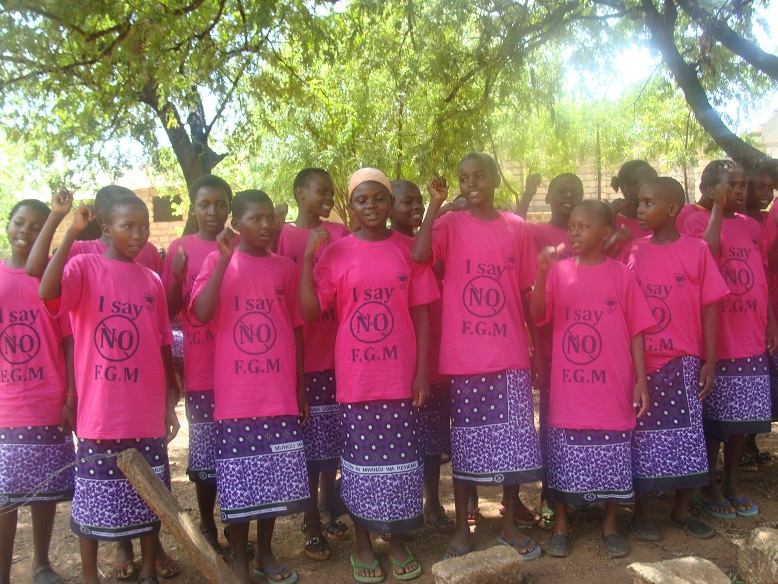 The Convention on the Elimination of all Forms of Discrimination Against Women (CEDAW) is an international treaty that was adopted by the United Nations General Assembly in 1979. CEDAW is the only international human rights treaty that focuses entirely on women’s rights. It addresses topics such as equal compensation and the elimination of violence against women. The United States remains one of only six countries that has not ratified this treaty. Although signed by President Carter in 1980, the U.S. Senate has never held a full Senate vote on CEDAW. One of the issues CEDAW addresses is FGM/C.
The Convention on the Elimination of all Forms of Discrimination Against Women (CEDAW) is an international treaty that was adopted by the United Nations General Assembly in 1979. CEDAW is the only international human rights treaty that focuses entirely on women’s rights. It addresses topics such as equal compensation and the elimination of violence against women. The United States remains one of only six countries that has not ratified this treaty. Although signed by President Carter in 1980, the U.S. Senate has never held a full Senate vote on CEDAW. One of the issues CEDAW addresses is FGM/C.
CEDAW affirms the fundamental rights of women and girls and sets out a comprehensive framework to combat gender inequality and eliminate gender discrimination. CEDAW calls for policies that reflect the ways that a woman’s multiple identities, including her race, nationality, ability, age, sexual orientation, and gender identity, as well as economic and social status, impact her enjoyment of rights.
CEDAW defines what constitutes discrimination against women broadly to include sex-based distinctions, exclusions, and restrictions that keep women from enjoying their human rights and fundamental freedoms. It highlights that culture, stereotypes, and beliefs shape gender roles. CEDAW calls for proactive measures to address these concerns and specifically addresses family life and marriage.
Countries that ratify CEDAW commit to respect, protect, and fulfill women’s rights and to eliminate all forms of gender discrimination through law, policy, and practice.
Watch for more information about DFW’s involvement in CEDAW in the coming months.
Source Materials

